 ... and a majority of all the states shall be necessary to a choice. In every case, after the choice of the president, the person having the greatest number of votes of the electors shall be the vice-president. ... and a majority of all the states shall be necessary to a choice. In every case, after the choice of the president, the person having the greatest number of votes of the electors shall be the vice-president.  National Review - Page 4841861Full view National Review - Page 4841861Full view - About this book
 | William Gordon - 1801 - 452 pages
...shall be the vice-president. But if there shall remain two or more who have equal votes, the seiiate shall choose from them by ballot the vice-president. The congress may determine the time of choosing the electors,' .and the day on which they shall gjve their votes ; which day shall be the... | |
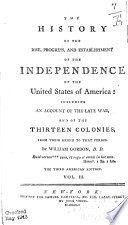 | William Gordon - 1801 - 452 pages
...shall be the vice-president. But if there shall remain two or more who have equal votes, the senate shall choose from them by ballot the vice-president. The congress may determine the time of choosing the Electors/ .and the day on which they shall gjve their votes ; which day shall be the same... | |
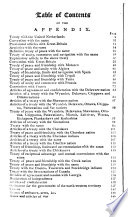 | William Graydon - 1803 - 730 pages
...shall be the Vice-President. But if there should remain two or more, who have equal votes, the Senate shall choose from them, by ballot, the Vice-President. The Congress may determine the lime of choosing the electors, and the day on which they shall give their votes, •which day shall... | |
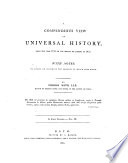 | CHARLES MAYO, L.L.B. - 1804 - 582 pages
...vicepresident. But, if there should remain two or more who have equal votes, the senate shall choose for them by ballot the vice-president. The congress may determine the time of choosing the electors, and the day on which they shall give their votes; which day shall be the same... | |
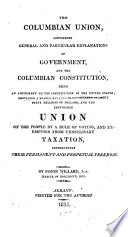 | Simon Willard - 1815 - 212 pages
...shall be the Vice-President. But if there should remain two or more n'ho have equal -votes, the Senate shall choose from them by ballot the VicePresident. The Congress may determine the time of choosing the Electors, and the day on -which they shall give their votes ; -which day thall be the... | |
 | Henry Potter - 1816 - 474 pages
...shall be the Vice -President*. But af there should remain two or mord wlvohave equal votes, .the Senate shall Choose from them, -by ballot, the Vice-President.' The Congress may determine the time of 'choosing the electors, And the day on which' they shvlt 'give their votes; Ivhich day shall be the... | |
 | Hewson Clarke - 1816 - 690 pages
...shall be the vice-president. But if there should remain two or more who have equal votes, the senate shall choose from them by ballot the vice-president. " The congress may determine the time of choosing the electors, and the day on which they shall give their votes ; which day shall be the same... | |
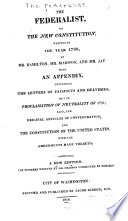 | James Madison, John Jay - 1818 - 882 pages
...shall be the vice-president. But if there should remain two or more who have equal votes, the senate shall choose from them by ballot the vice-president. The congress may determine the time of choosing tbe electors, and the day on which they shall give their votes ; which day shall be the same... | |
 | Benjamin Franklin - 1818 - 566 pages
...shall be the Vice-President. But if there should remain two or more who have equal votes, the Senate shall choose from them by ballot the Vice-President. The Congress may determine the time of choosing the electors, and the day on which they shall give their votes ; which day shall be the same... | |
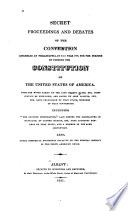 | United States. Constitutional Convention - 1821 - 328 pages
...shall be the vice-president. But if there should remain two or more who have equal votes, the senate shall choose from them by ballot, the vicepresident. The congress may determine the time of choosing the electors, and the day in which they shall give their votes ; which day shall be the same... | |
| |